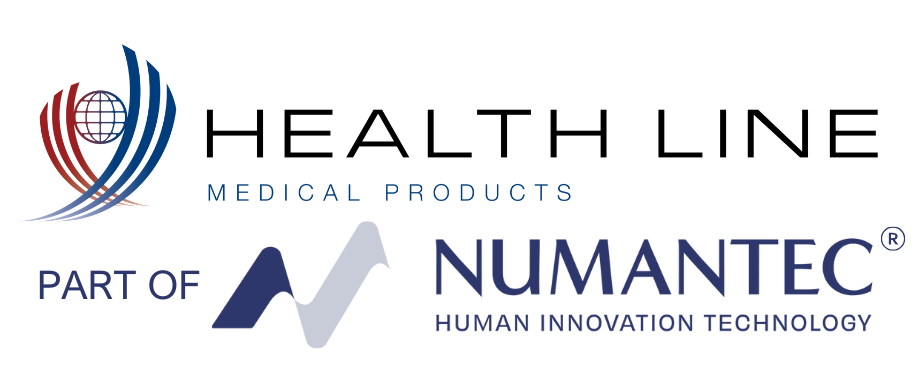The future of AI in infusion therapy points toward greater automation, personalized care, and improved operational efficiency. AI-driven innovations, such as smart infusion pumps with real-time monitoring, predictive analytics for maintenance, and remote management through telehealth, are transforming traditional infusion practices and setting new standards for patient safety and precision.
Automation and Smart Devices
AI-powered smart pumps will increasingly take over tasks such as automated dose adjustments based on patients’ real-time physiological data, reducing human error and enabling consistent drug delivery. These devices use adaptive learning algorithms, becoming more accurate as they accumulate patient data, and have robust error detection systems to alert staff instantaneously to any anomalies.
Predictive Analytics and Efficiency
AI helps streamline day-of operations in infusion centers by optimizing patient assignment, drug premixing, and other logistics. Predictive analytics can manage resource allocation more efficiently, anticipating equipment needs and potential staff shortages, which is especially relevant as demand increases.
Telehealth Integration
Telehealth platforms that leverage AI allow healthcare providers to remotely monitor infusion therapy, consult with patients, and adjust treatment protocols without in-person visits. These platforms provide continuous, secure real-time data transmission and flag deviations from prescribed regimens, leading to timely interventions and better outcomes for patients at home or in remote locations.
Personalized Treatment
AI’s capacity to aggregate and interpret vast patient data enables the design of personalized infusion protocols, adjusting treatments based on individual patient histories, genetics, and real-time responses. This not only increases treatment efficacy but also minimizes adverse reactions and supports a more patient-centered approach to care.
Ongoing Challenges and the Human Element
For successful implementation, AI and automation must be paired with committed human expertise, robust governance, and strong cybersecurity. Future advances will require a careful balance between technological innovation and the hands-on expertise of infusion nurses and pharmacists.
Overall, as AI in infusion therapy continues to develop, the sector will see safer, more precise treatments, streamlined operations, and enhanced access to care for diverse patient populations.
Health Line International Corp. is not responsible for any errors, omissions, injury, loss, or damage arising from or relating to the use (or misuse) of any information, statements, or conclusions contained in or implied by the contents of this document or any of the source materials. This content is not intended to replace professional medical advice.
References:
Joseph, A. (2024, July 07) The Impact of AI on Infusion Patient Care and Operational Efficiency. HMP Global Learning Network. https://www.hmpgloballearningnetwork.com/site/frmc/interview/impact-ai-infusion-patient-care-and-operational-efficiency
Pharmko. (2025, September 4) The Future of AI and Automation in Parenteral Nutrition Management. https://www.pharmko.com/blog/the-future-of-ai-and-automation-in-parenteral-nutrition-management
Hessam, A. (2025, January 17) Four key trends and innovations catalysing infusion therapy as we enter 2025. Pharmaphorum. http://pharmaphorum.com/patients/four-key-trends-and-innovations-catalysing-infusion-therapy-we-enter-2025
NHIA. (2025, April 9) NHIA 2025 Features Largest Home Infusion Expo & Builds a Roadmap for Progress. National Home Infusion Association. https://nhia.org/nhia-2025-features-largest-home-infusion-expo-builds-a-roadmap-for-progress/
